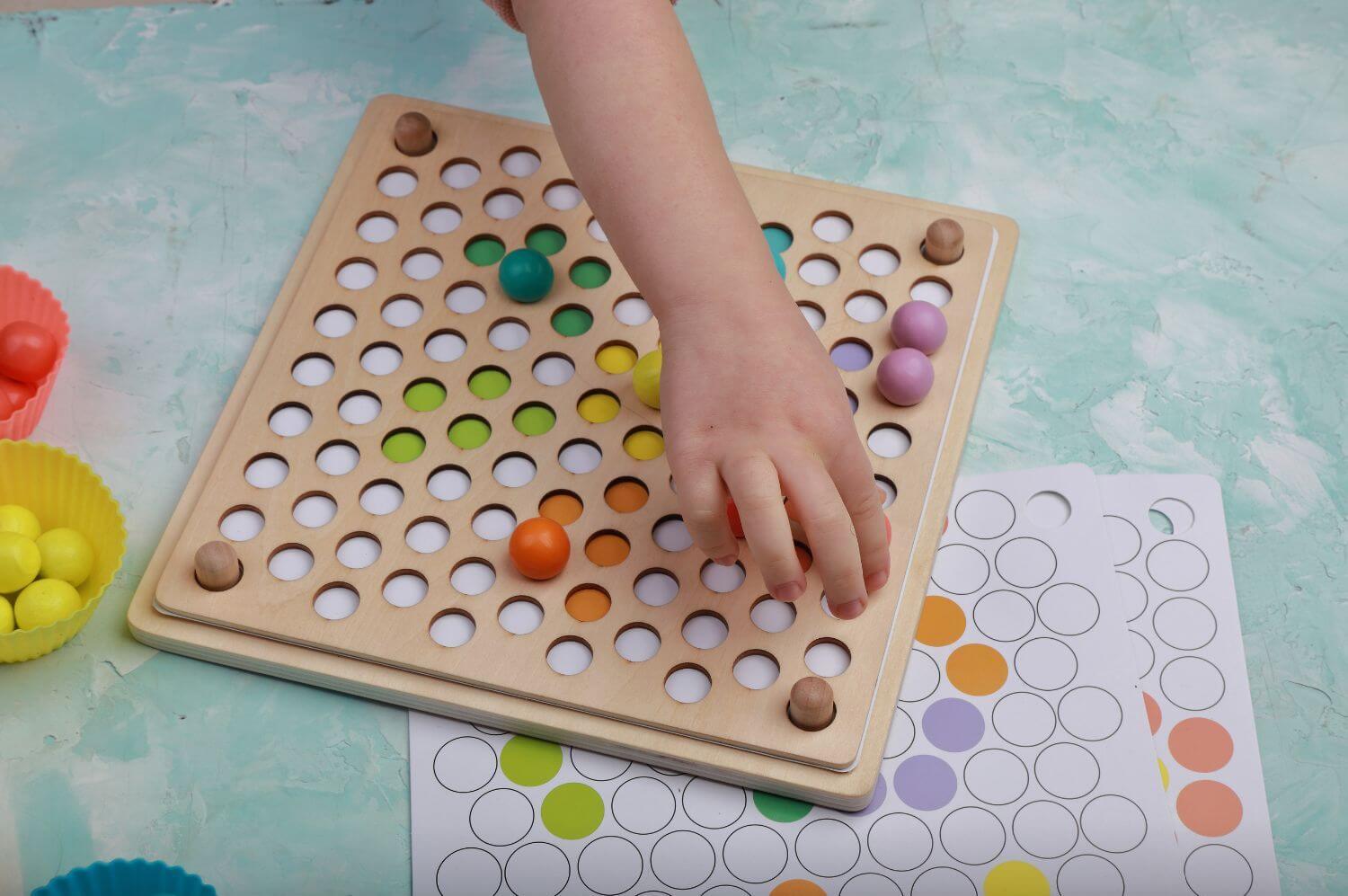
Watching your child grow and develop is one of the most exciting parts of parenting. Understanding motor skills milestones and tracking your child’s progress can provide valuable insights into their development. This guide will help you understand these milestones, the importance of monitoring progress, and offer some tips to encourage healthy development—all in a friendly, approachable way.
Understanding Motor Skills Milestones
Motor skills are divided into two main categories: gross motor skills and fine motor skills. Both types are essential for your child’s overall development and independence.
Gross Motor Skills
Gross motor skills involve the use of large muscles in the body. These skills are crucial for activities such as walking, running, jumping, and balancing. Here are some key milestones:
- Newborn to 3 months: Lifting their head when lying on their tummy, moving arms and legs.
- 4 to 6 months: Rolling over, sitting with support.
- 7 to 9 months: Sitting without support, crawling.
- 10 to 12 months: Standing with assistance, cruising along furniture.
- 12 to 18 months: Walking independently, starting to run, climbing stairs with support.
- 2 years: Running, kicking a ball, beginning to jump with both feet.
- 3 years: Pedalling a tricycle, balancing on one foot for a few seconds.
Fine Motor Skills
Fine motor skills involve the use of smaller muscles in the hands and fingers. These skills are necessary for tasks like picking up objects, drawing, and self-feeding. Here are some key milestones:
- Newborn to 3 months: Grasping objects reflexively.
- 4 to 6 months: Reaching for and holding objects, transferring objects between hands.
- 7 to 9 months: Pincer grasp (using thumb and forefinger), banging objects together.
- 10 to 12 months: Using utensils with assistance, placing objects into containers.
- 12 to 18 months: Scribbling with crayons, stacking two or more blocks.
- 2 years: Turning pages in a book, beginning to use one hand more frequently.
- 3 years: Drawing simple shapes, dressing and undressing with minimal help.
Why Tracking Motor Skills Development Matters
Keeping an eye on motor skills milestones is important for several reasons:
- Early Detection of Developmental Delays: If there are any delays, early intervention can make a big difference.
- Personalised Support: Knowing where your child is developmentally helps you provide the right activities and support.
- Peace of Mind: Regular monitoring reassures you that your child is developing typically and highlights any areas where they might need a bit more help.
Tips for Encouraging Motor Skills Development
Here are some fun and practical tips to help your child develop their motor skills:
For Gross Motor Skills
- Tummy Time: Encourage tummy time from an early age to strengthen neck and shoulder muscles.
- Active Play: Provide plenty of opportunities for crawling, walking, and running in safe environments.
- Outdoor Adventures: Activities like playing in the park, climbing, and riding tricycles are great for developing gross motor skills.
For Fine Motor Skills
- Toys and Tools: Offer a variety of toys that require grasping, such as blocks, puzzles, and shape sorters.
- Art and Crafts: Encourage drawing, colouring, and simple crafts to improve hand-eye coordination.
- Self-Feeding: Let your child practice feeding themselves with age-appropriate utensils.
When to Seek Professional Advice
While every child develops at their own pace, certain signs might indicate the need for professional advice. Talk to your paediatrician if your child:
- Shows no interest in grasping objects by 4 months.
- Cannot sit without support by 9 months.
- Does not crawl or show signs of trying to walk by 12 months.
- Has difficulty using one or both hands by 18 months.
- Is not walking independently by 2 years.
Conclusion
Tracking motor skills milestones in early childhood is key to ensuring your child’s healthy development. By understanding these milestones and encouraging skill development, you can support your child in reaching their full potential. Remember, every child is unique, and developmental timelines can vary.
Here’s what parents and
carers are saying
carers are saying
My children have been attending Ignite since the centre was opened. The educators and management have been very caring and involved in their job. The owner and the director are amazing and attend very promptly my all requests. The educators are very lovely and caring. I strongly recommend this childcare.
I would highly recommend families to enrol their children in this beautiful service. Ignite Early Learning Centre has a very warm and inviting environment for all families and children; the learning rooms are all filled with great resources and programs designed for the children’s developmental needs. I have been in the centre because I have friends who work there and I am very impressed with the pleasing and friendly educators working with the children and the management who are kind, down to earth and willing to help families at all times. It is also amazing to see the children’s daily activities and experiences which will help them grow as confident, responsible and caring children.
We have been going for almost a year now. Much much better than other centres such as the ones next door at bardia. Attitude to customer service, parents requests and concerns are the standouts. Staff are well trained and professional. Thry don’t whinge and have an attitude like many centres. Recommended by a parents who goes there as well. We recommend as well. Centre itself looks great, safe and tidy. The owner is the key. She is active in managing the centre.


